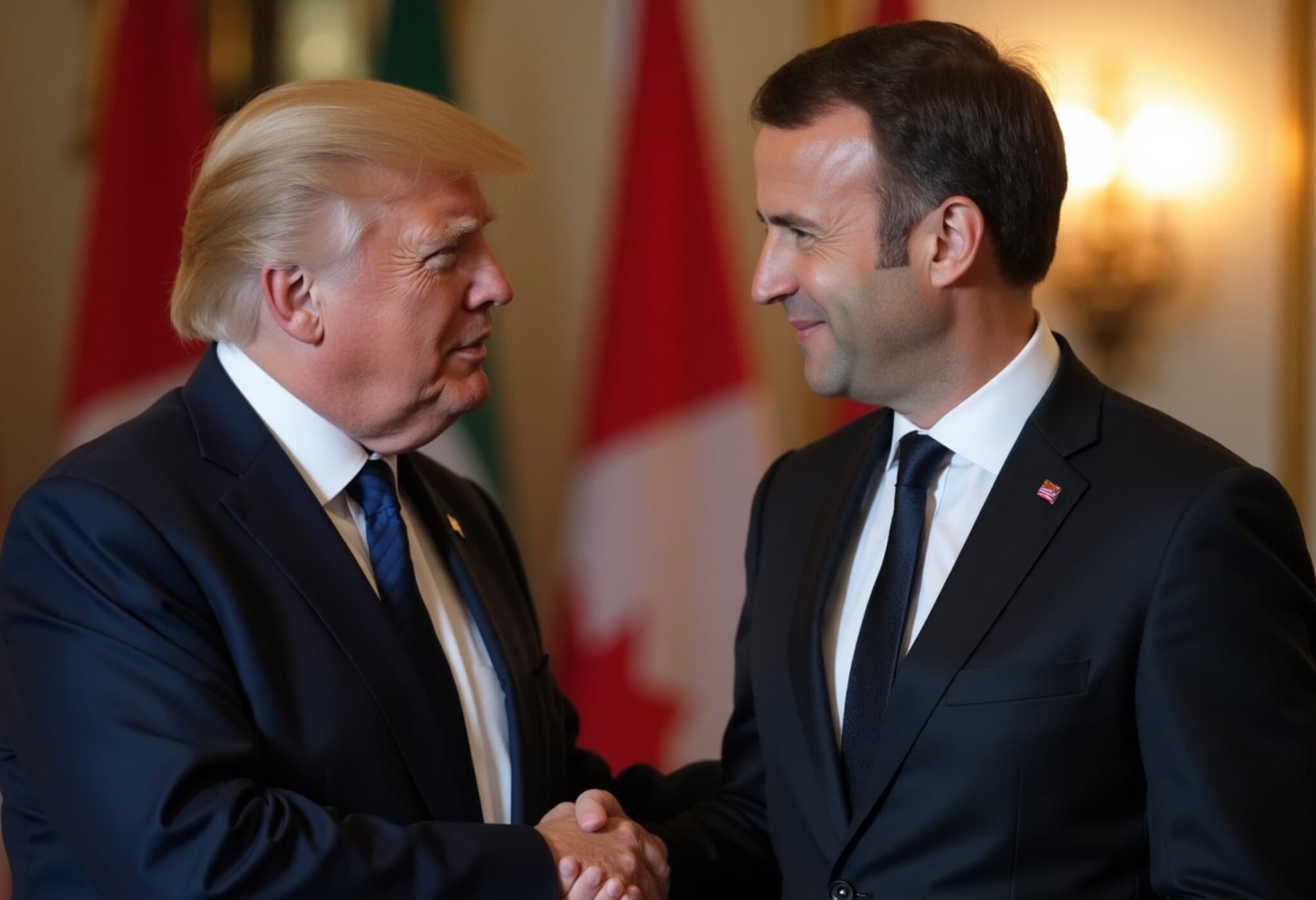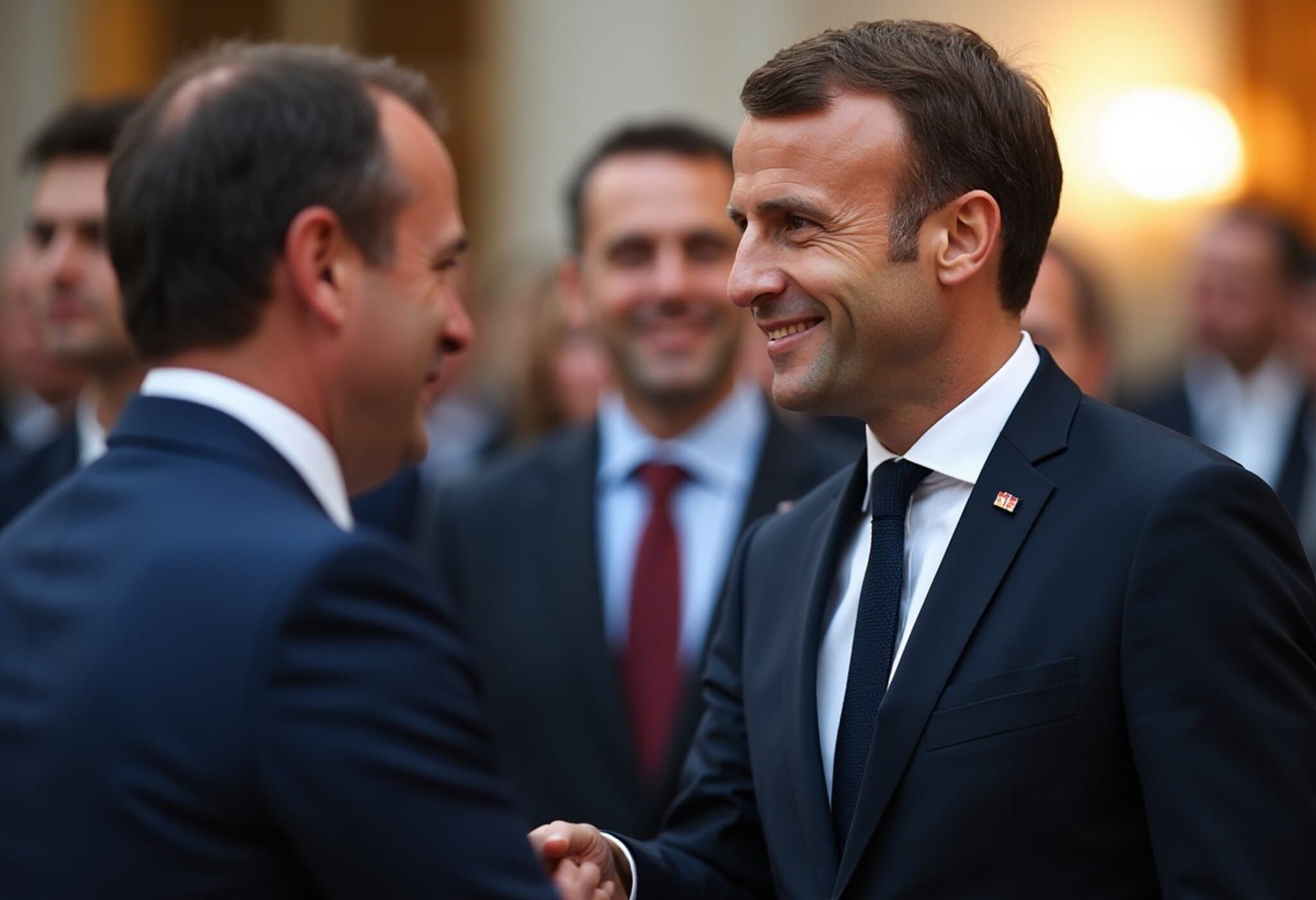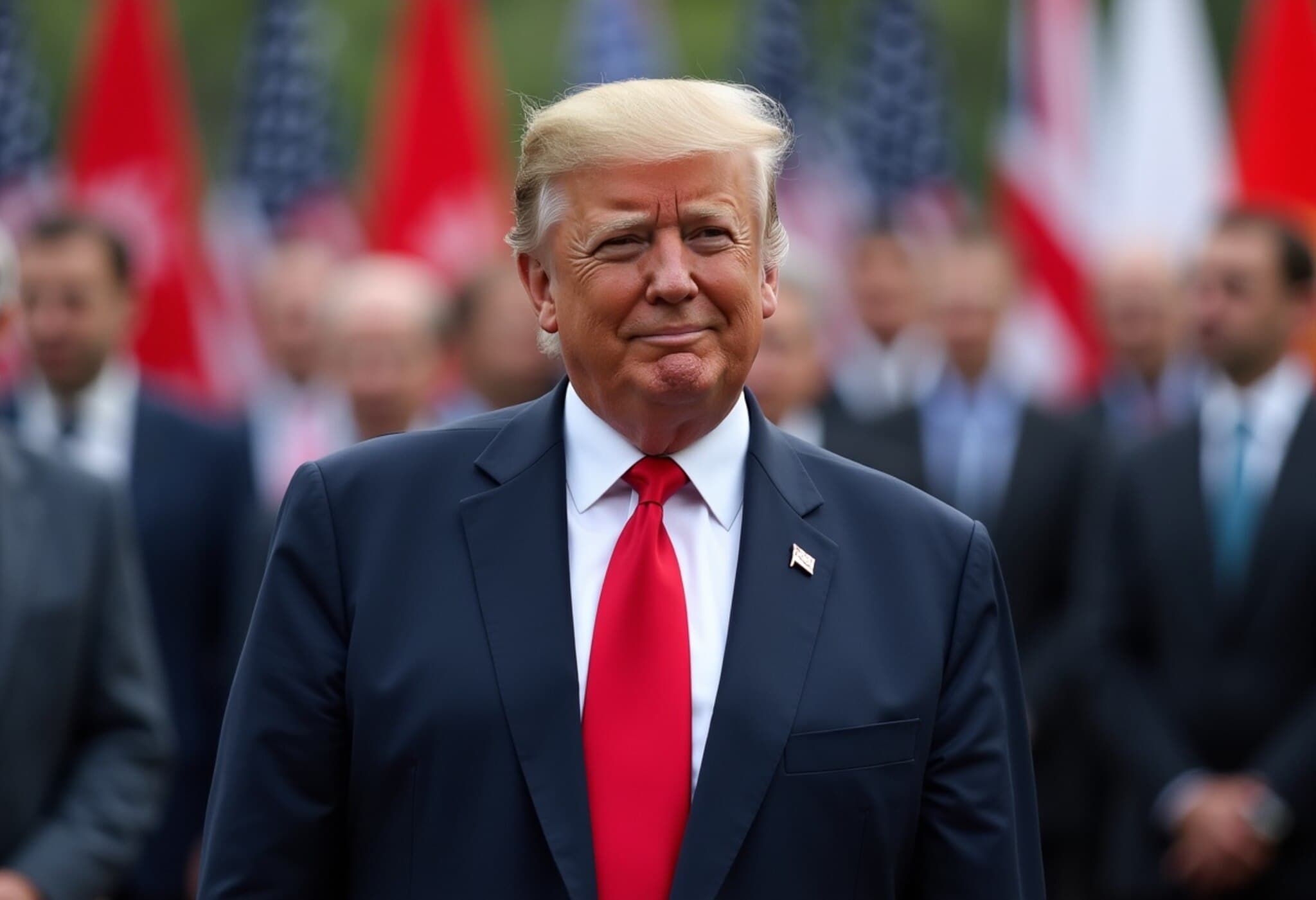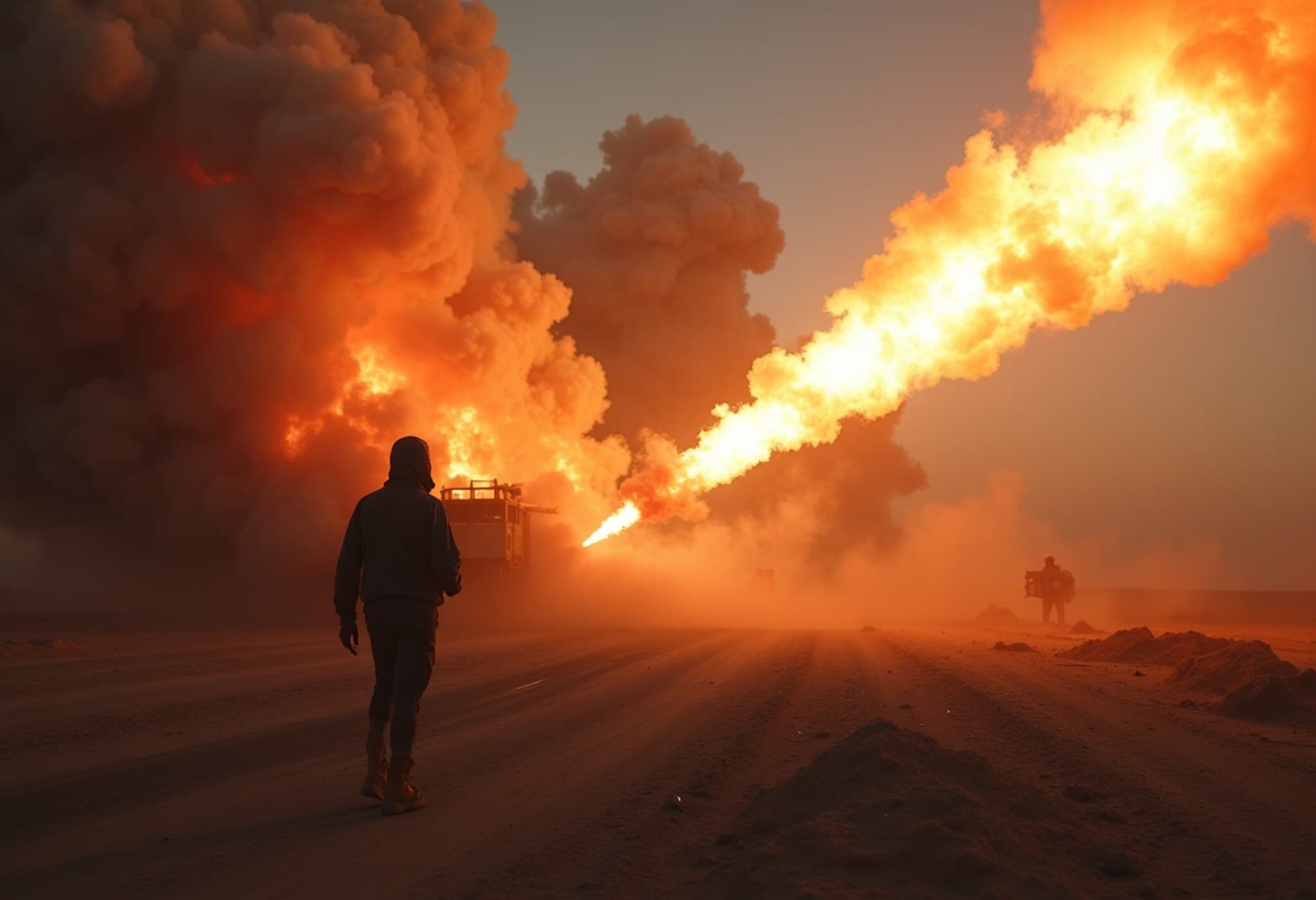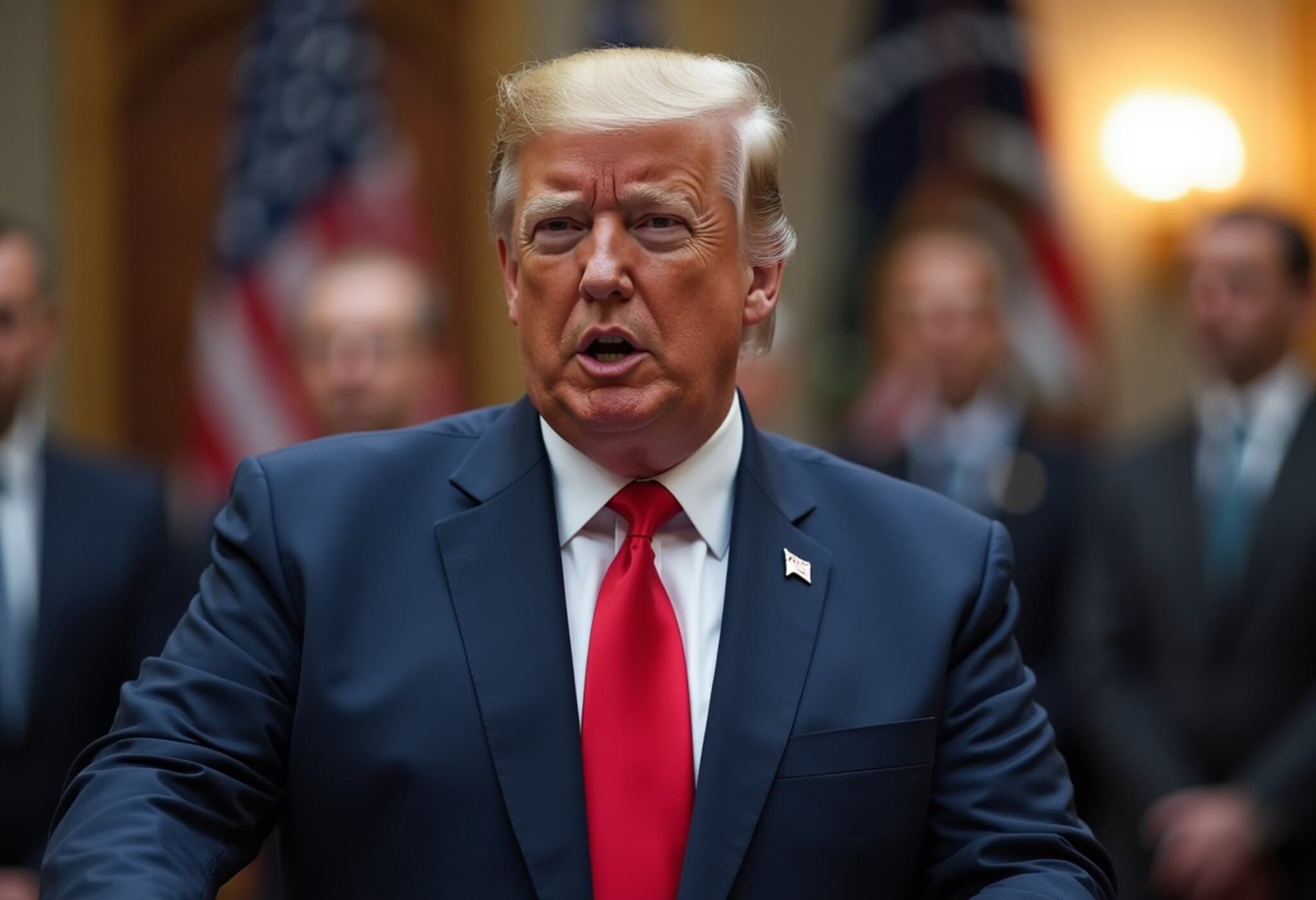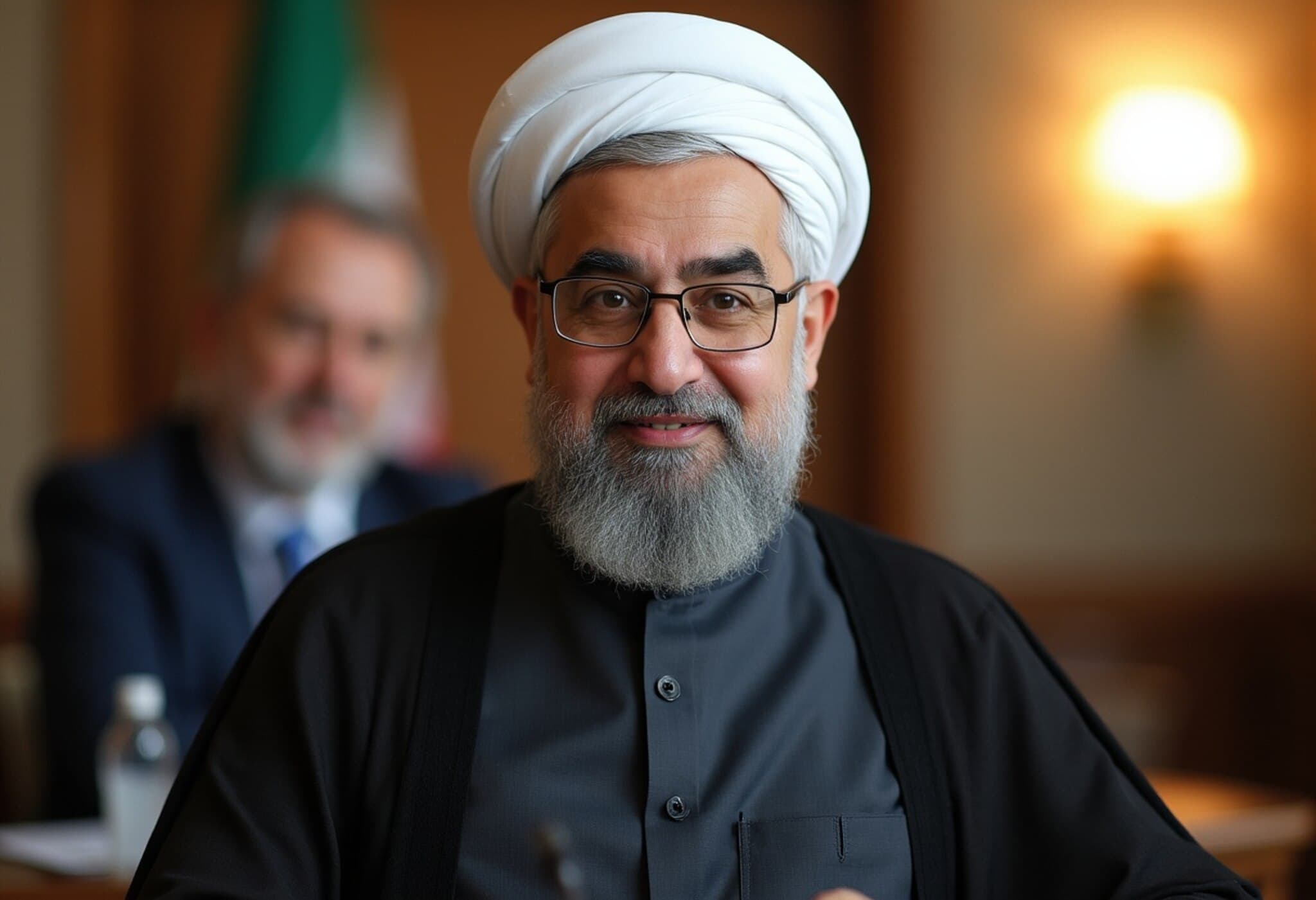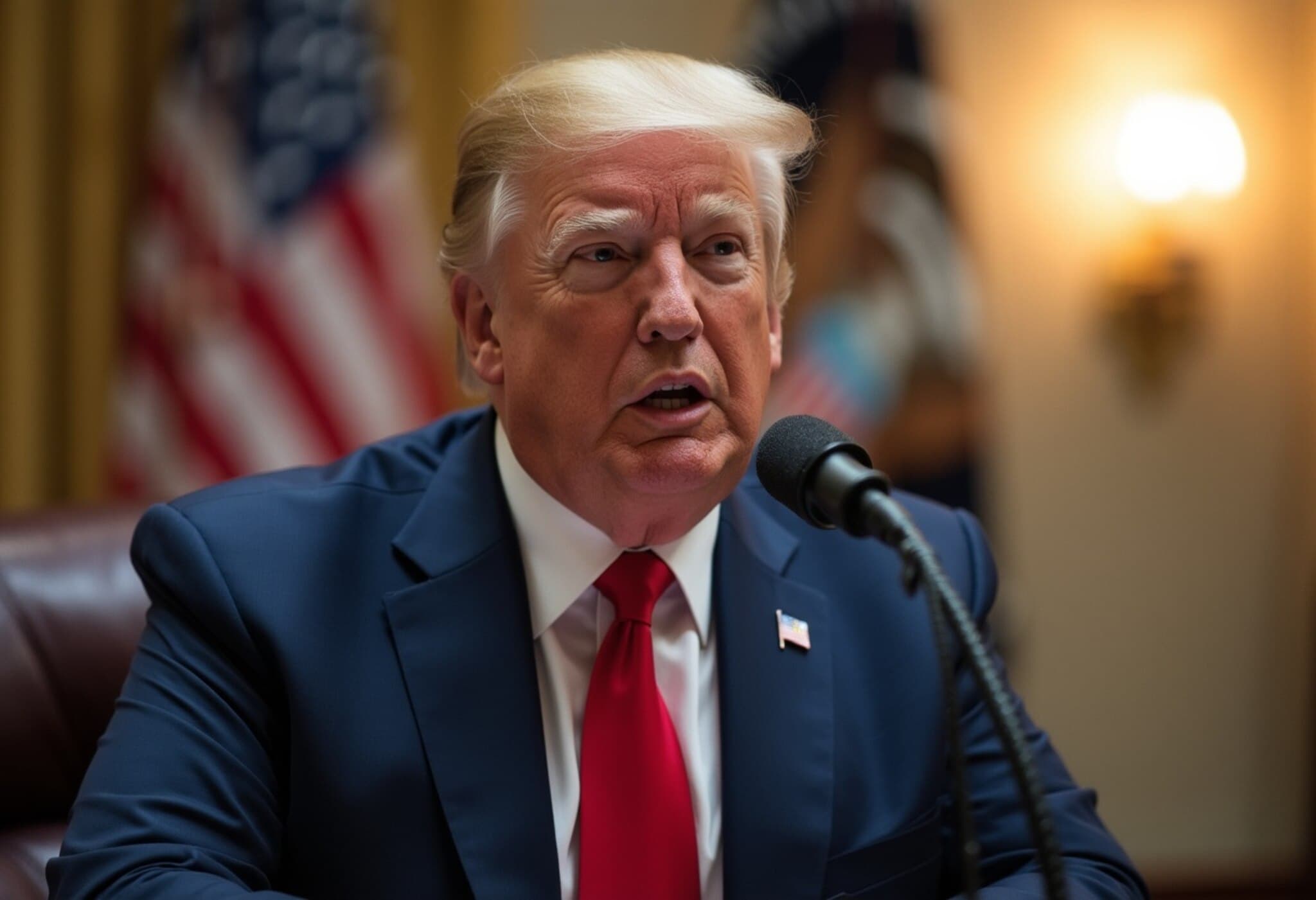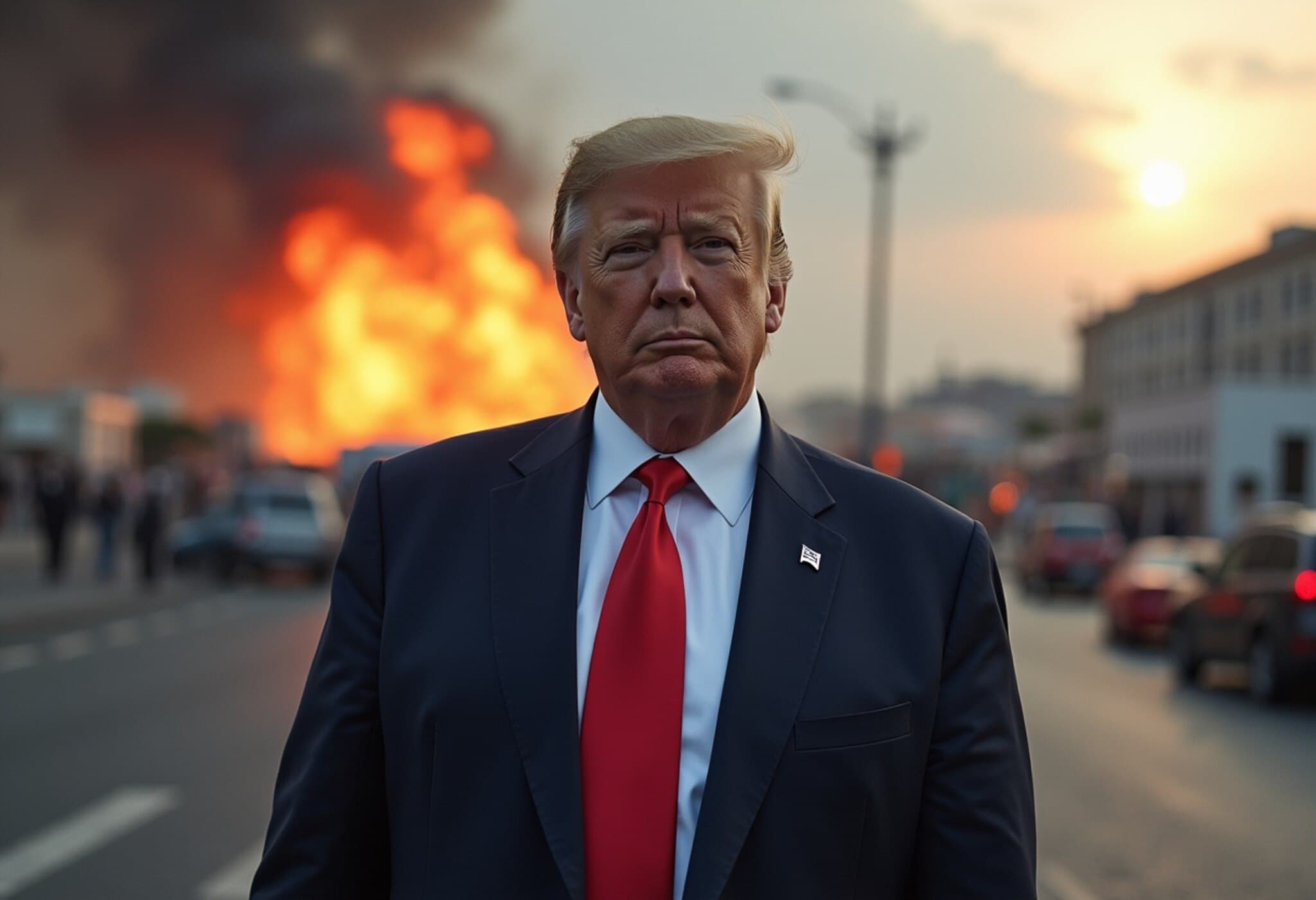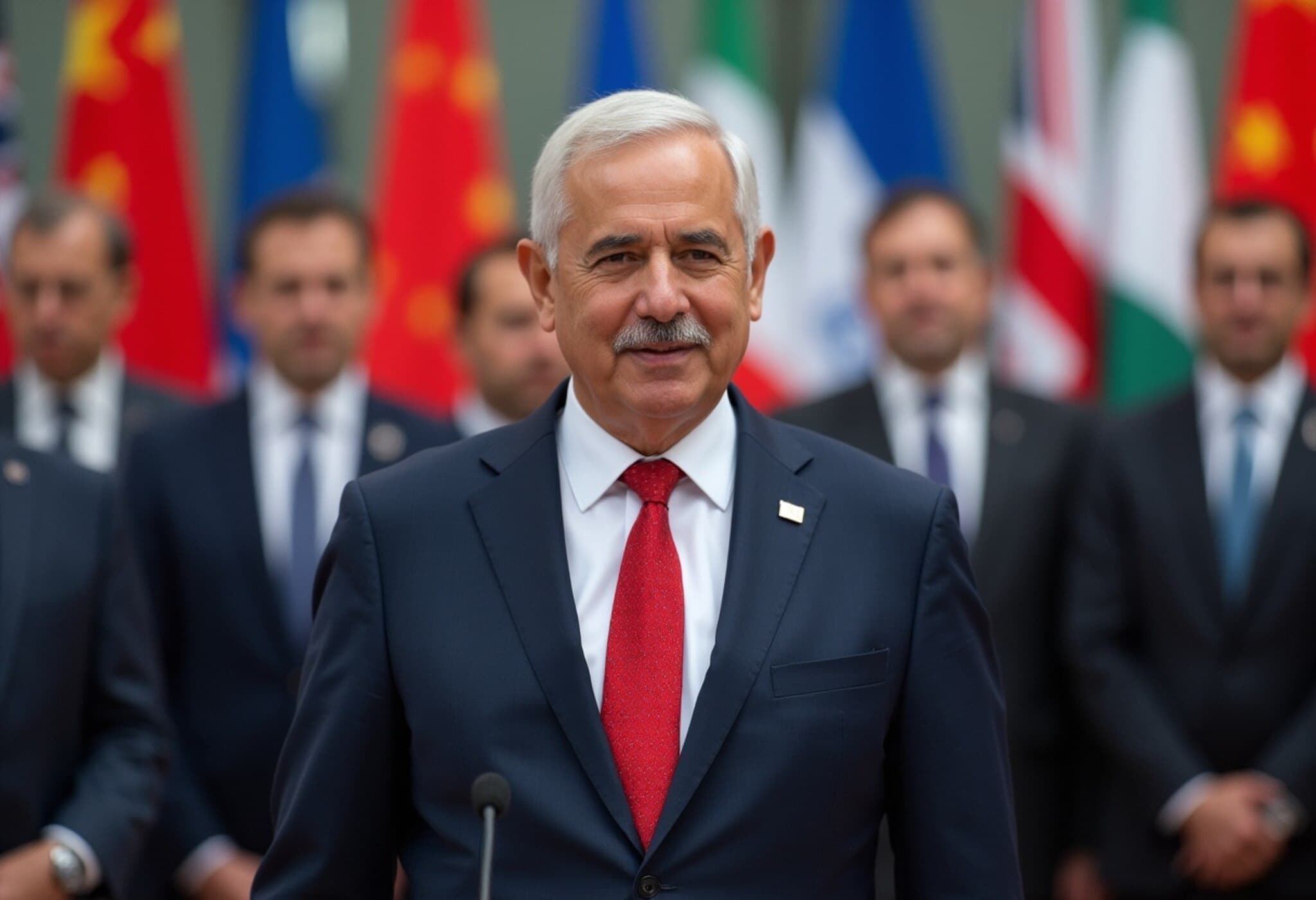Trump Signals Ceasefire Offer Between Israel and Iran at G7 Summit
During the ongoing Group of Seven (G7) summit in Canada, former US President Donald Trump made headlines by hinting at a possible ceasefire between Israel and Iran as their conflict escalates. Speaking to reporters before an early departure from the summit, Trump urged Tehran's residents to evacuate and expressed hope for a diplomatic resolution before further damage occurs.
Macron Shares Insights on Trump’s Ceasefire Proposal
French President Emmanuel Macron revealed that Trump has extended an offer to both Israel and Iran to meet and explore a ceasefire agreement. He described this initiative as an attempt to "kick-start broader discussions" aimed at calming the volatile situation in the Middle East.
Highlighting the stakes involved, Macron cautioned Israel against pursuing regime change in Iran, calling it a "strategic error". He emphasized the urgent need for negotiations to resume and the protection of civilians caught in the crossfire.
"All efforts should focus on ending attacks on civilians," Macron stressed. "History shows that trying to save a country through external bombing often fails."
Trump’s Early Exit and Warnings
Trump’s swift departure from the G7 summit added to the atmosphere of urgency surrounding the conflict. Although he has publicly supported Israel’s military actions, Trump underscored the importance of diplomacy and warned that Iran would be "foolish" not to seek a negotiated settlement.
"It's painful for both sides, but Iran is not winning this war," Trump said. "They should engage in talks immediately, before it's too late." Meanwhile, US forces in the region remain on a defensive alert, according to White House officials.
The Rising Israel-Iran Conflict and G7 Reactions
The recent flare-up between Israel and Iran began with Israeli strikes targeting key nuclear and military sites in Iran, resulting in the deaths of prominent commanders and nuclear scientists. Iran retaliated with drone and missile assaults on Israeli territory, escalating tensions to dangerous levels.
While the G7 nations, including Britain, Canada, France, Germany, Italy, Japan, and the United States, have largely shown support for Israel, they face mounting concerns over the intensifying violence. Efforts to produce a unified G7 statement on the crisis found challenges, notably as the US hesitated to formally commit to joint diplomatic language.
Outlook: A Fragile Path Forward
The focus now shifts to whether Israel and Iran will respond constructively to the ceasefire offer and whether broader negotiations can commence. The international community remains watchful, urging both parties to prioritize civilian safety and de-escalate the conflict before it spirals further out of control.
As the Middle East navigates this precarious moment, the G7 summit’s diplomatic undertakings could prove critical in shaping the region’s immediate future.

